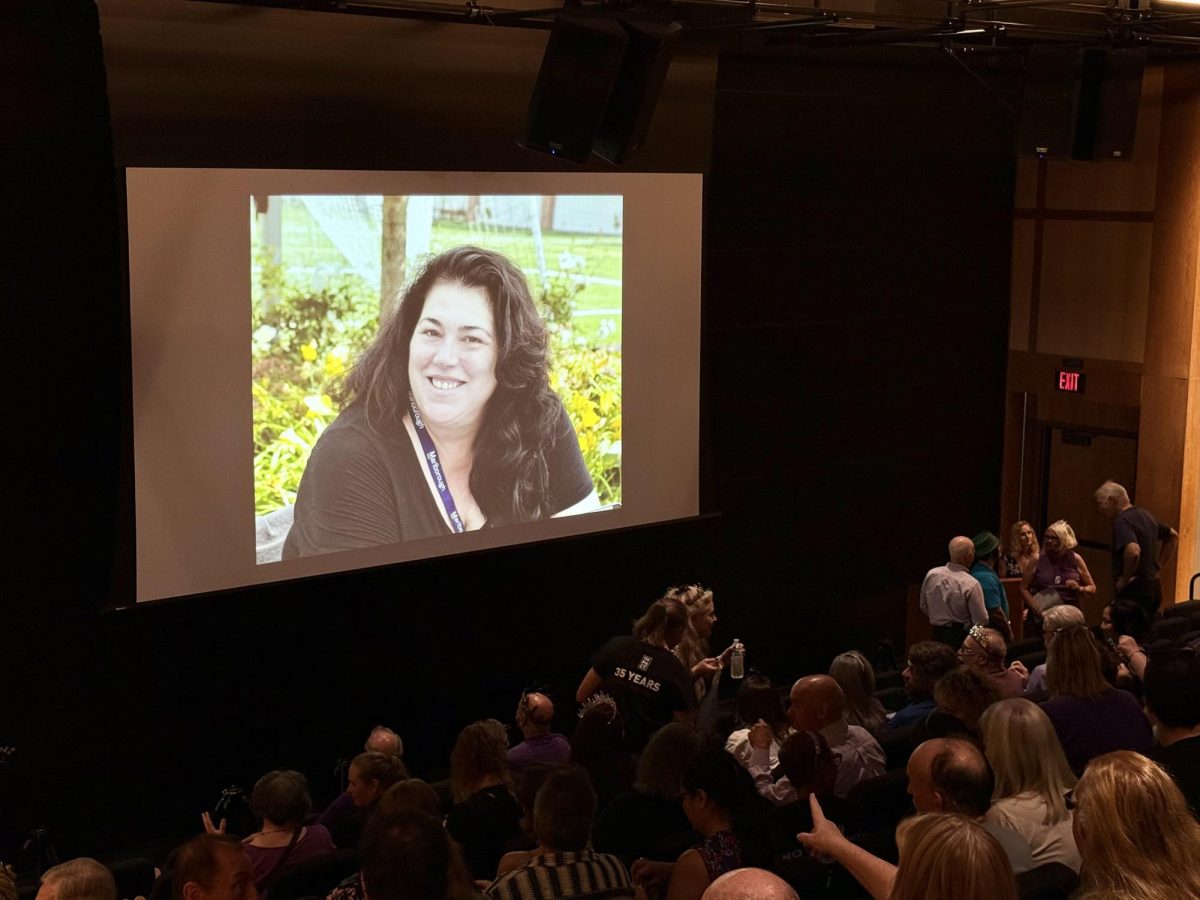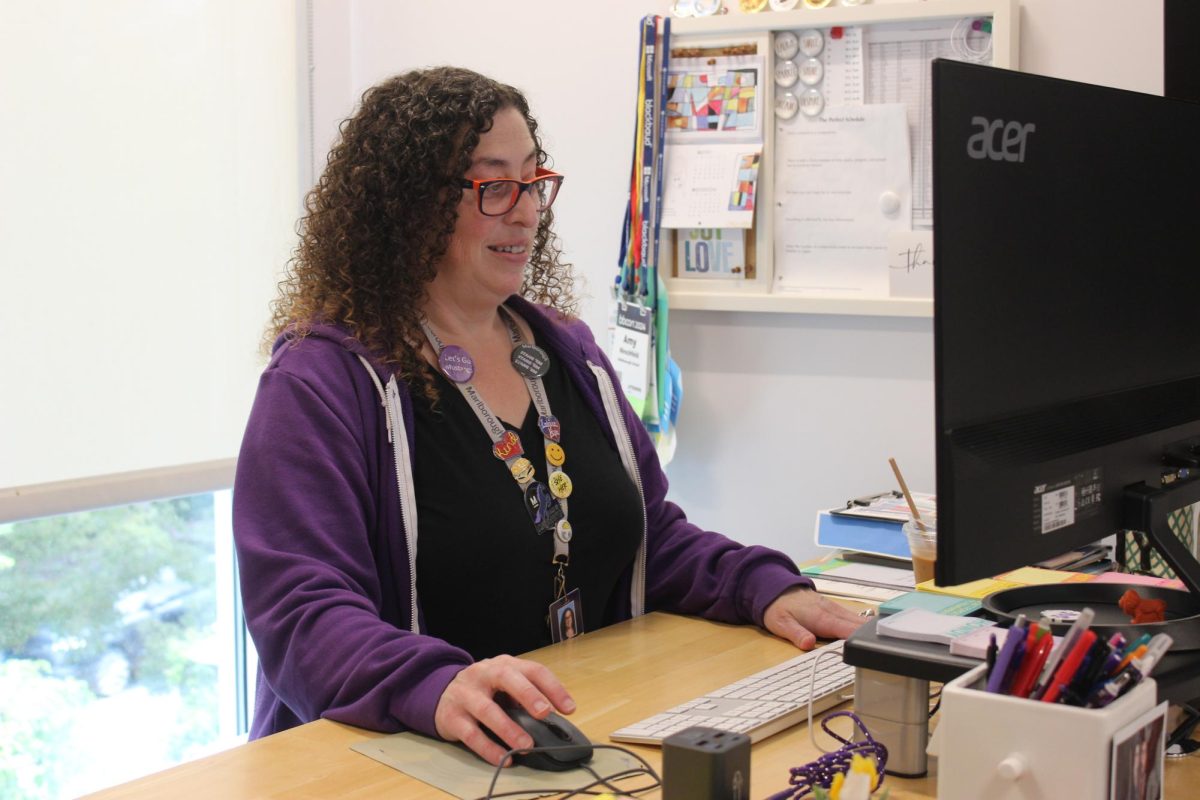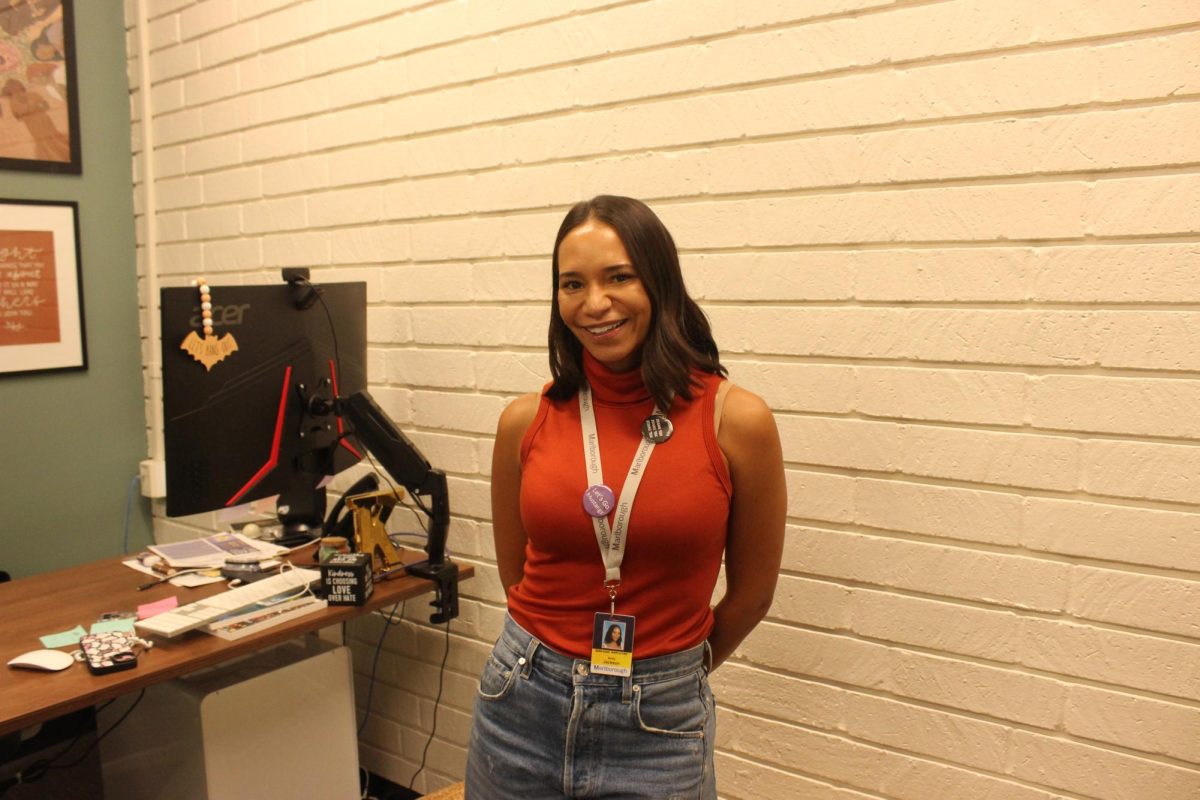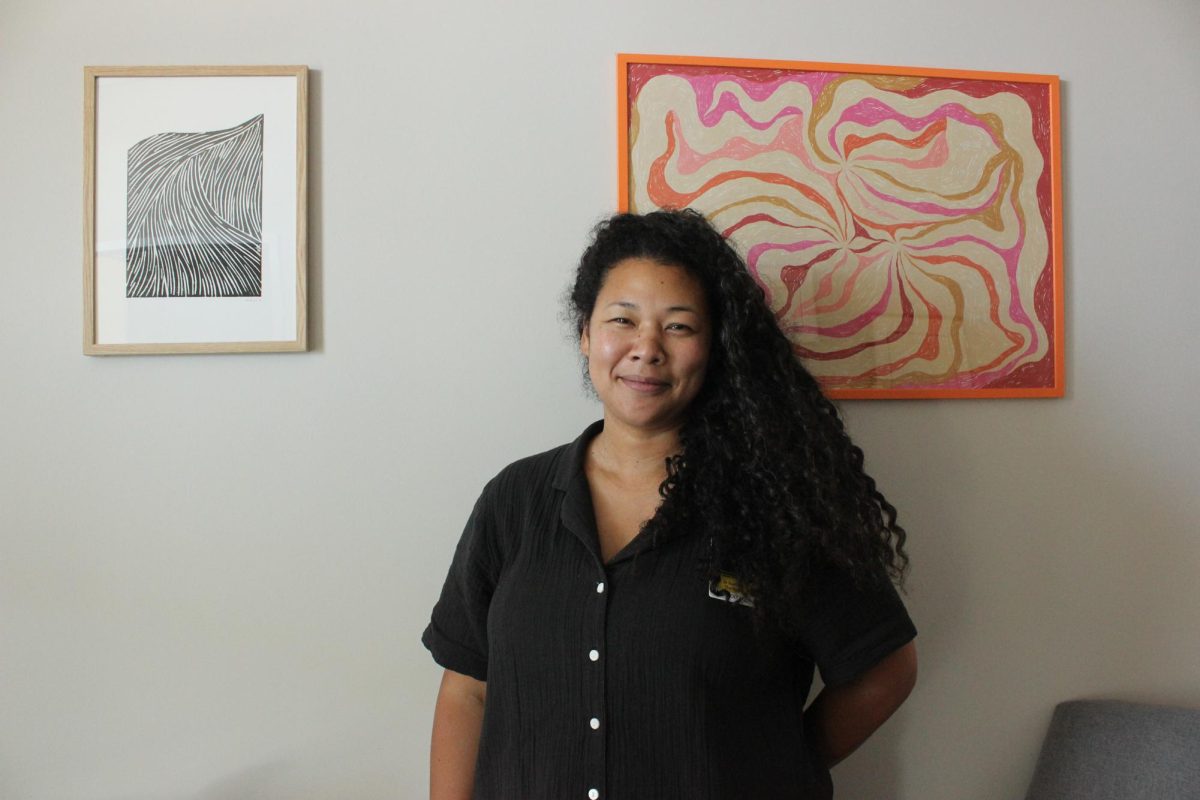In response to a large uptick in academic dishonesty, Marlborough has introduced the student-led Academic Integrity Council to oversee violations of the honor code.
Seventy-one cases of academic misconduct were reviewed by the administration in the 2022-23 school year compared to the 13 cases in the year prior. Responses from the Marlborough Academic Integrity Survey, which students take each spring to reflect on their academic practices, showed that 14% of students do not believe it is cheating to prepare for an assessment by using an old version of a test or quiz obtained from a student who took the class in a previous year.
Head of Upper School Regina Rosi Mitchell said that a lack of transparency around the penalties of academic misconduct led to the increase of dishonesty.
“What I’ve heard from many students on campus is that no one ever does anything; you can break the rules at Marlborough but there are no consequences,” Rosi Mitchell said. “Hearing that from so many different sources led us to believe that we need to do more reporting out to the student body on what the violations were as well as the subsequent consequences.”
In the midst of working through these cases, Rosi Mitchell and English Department Head David Long attended a conference hosted by the Center for Spiritual and Ethical Education that discussed how to maintain authenticity in students’ work. Rosi Mitchell and Long spoke with a number of students and administrators whose schools had implemented successful student-run academic integrity groups and began to envision a similar council at Marlborough.
“It was really using what we had observed anecdotally last year with the amount of cases that we were reviewing, but then also looking at the data holistically that led to us to put a council in place to ensure a more sustainable system,” Rosi Mitchell said.
Prior to the council, Rosi Mitchell often dealt with multiple cases of academic dishonesty at once, causing delays in important updates about students’ cases. Now, a more efficient process is in place where the council of nine members can deal with violations in a timely manner.
In the middle of September, two to three council representatives from grades 9 through 12 were elected through a Google form that asked the student body to vote on which candidates they believed would best promote academic integrity and a culture of “honor, trust, individual responsibility, and mutual respect.”
Each candidate submitted an essay for students to read that responded to the prompt: “How would you contribute to upholding these values while also fostering a culture of support and restoration?”
Under the new system, when a student is being questioned for academic dishonesty, a preliminary review of the evidence will take place with Dean of Students Kendall Beeman and an additional two faculty advisors. If the information is sufficient, a hearing will convene with the student, an advocate, three council members, Beeman and a minimum of two faculty advisors. Based on the evidence, the hearing panel will deliberate and make a recommendation of a penalty to either Rosi Mitchell or Middle School Head Sean Fitts.
“It makes it a more transparent process,” Long said. “It’s not just one person like a division director making a decision, but rather it’s the student having a say in what they feel is appropriate.”
Academic Integrity Council Member Lilly ’26 said she joined the council because she wants to make Marlborough as honorable as possible, and she believes she can do that by helping to address dishonesty within the student body.









